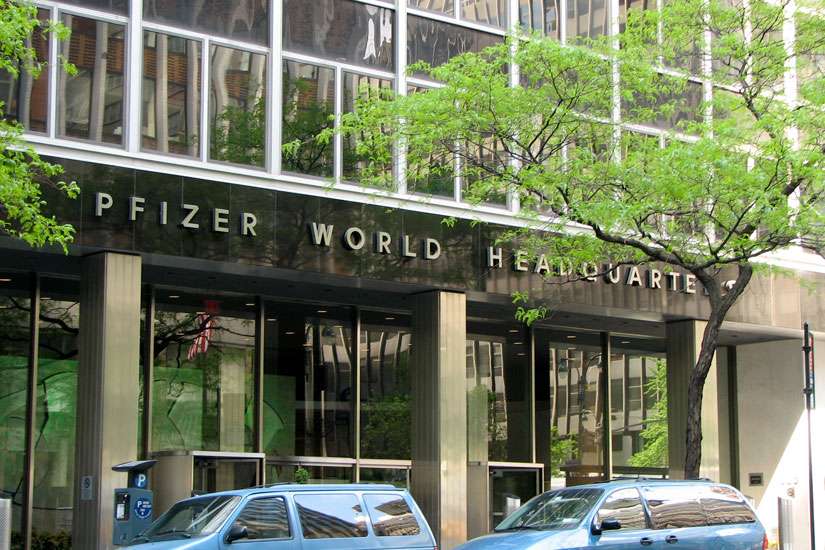The action was hailed by Karen Clifton, executive director of the Catholic Mobilizing Network to End the Use of the Death Penalty.
"The medical community's mission is to save lives; Pfizer's actions ... are consistent with that mission," Clifton said in a May 16 statement. "As Catholics, we hold human life to be sacred and we are encouraged when we see that value reflected in our wider culture."
"Pfizer makes its products to enhance and save the lives of the patients we serve. Consistent with these values, Pfizer strongly objects to the use of its products as lethal injections for capital punishment," said the statement, dated March 28 but made public May 13.
The statement said Pfizer would restrict sales of seven specific drugs "to a select group of wholesalers, distributors and direct purchasers under the condition that they will not resell these products to correctional institutions for use in lethal injections.
"Government purchasing entities must certify that products they purchase or otherwise acquire are used only for medically prescribed patient care and not for any penal purposes," the statement continued. "Pfizer further requires that these government purchasers certify that the product is for 'own use' and will not resell or otherwise provide the restricted products to any other party."
Concerns over the use of the drugs have come from many quarters.
Pfizer, whose corporate headquarters are in New York, and other drug manufacturers have been concerned that their drugs have been used for executions. Death penalty opponents have been concerned over the use of prescription medications being used for lethal injections. Courts have grown concerned over the constitutionality of drug cocktails being used to enforce the death penalty, and some have ruled they violate constitutional protections against cruel and unusual punishment. States with prisoners on death row have likewise become concerned over the supply of drugs to use in executions, going so far in some cases to shield the identities of the wholesalers or retailers who supply the necessary drugs.
"Pfizer joins other major pharmaceutical companies, the American Pharmacists Association, and the International Academy of Compounding Pharmacists, in banning their products and member participation in executions," Clifton said in her statement. "States that insist on carrying out executions are going to increasingly turn to pharmacies that are willing to go against their profession's ethical standards."
The Pfizer policy statement said that while its distribution network is intended to get these drugs to the people who need them for medical reasons, it will "consistently monitor the distribution of these seven products, act upon findings that reveal noncompliance, and modify policies when necessary to remain consistent with our stated position against the improper use of our products in lethal injections."
"Our country is moving away from the death penalty because it is immoral," Clifton said. "There is no good way to kill someone. It's time to admit this is a bad policy and end the use of capital punishment."


